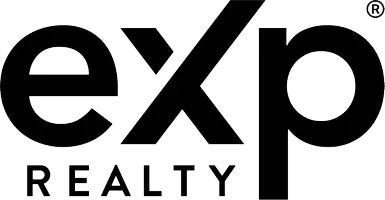What You Need To Know About Saving for a Home in 2024
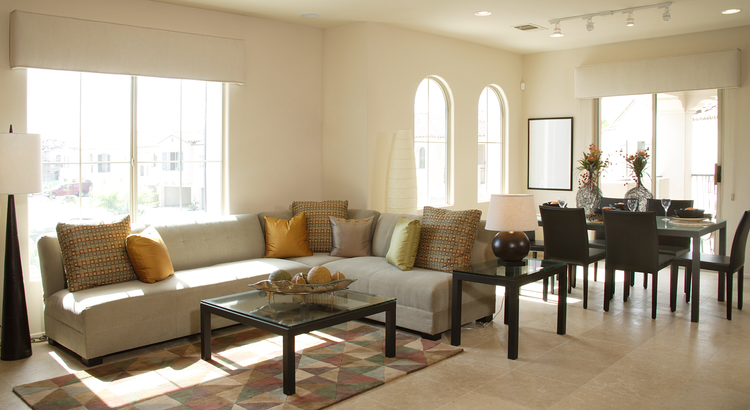
If you're thinking about buying a home, the idea of budgeting and saving might seem intimidating. However, it doesn't have to be a daunting task. A practical approach to addressing these concerns involves gaining a clear understanding of potential upfront costs. Relying on trusted real estate professionals is key. They can help you formulate a plan and take a strategic look at your budget and the overall process before you even begin.
Consider the following points that experts suggest you should keep in mind.
1. Down Payment
Prioritizing your down payment is likely a primary concern as you embark on the journey to purchase a home. However, are you aware of the specific amount you'll need? While each buyer's circumstances vary, there is a widespread misconception that a 20% down payment is mandatory. An article from the Mortgage Reports clarifies why this is not always the case.
"The notion that a 20% down payment is obligatory for a house is a misconception. The appropriate amount is contingent on your existing savings and your objectives in purchasing a home."
Gain insight into your choices by collaborating with reliable real estate professionals to discuss different loan types, down payment assistance programs, and their respective requirements. The more information you have in advance, the smoother the overall process will become.
2. Closing Costs
Ensure you also allocate funds for closing costs, comprising a range of fees and payments distributed to the various parties involved in your transaction. As outlined by Bankrate:
"Closing costs refer to the fees incurred when completing a real estate transaction, whether you're refinancing a mortgage or purchasing a new home. These expenses can range from 2 to 5 percent of the mortgage, underscoring the importance of financial readiness for this aspect."
Collaborating with a reliable lender is the most effective way to grasp the requirements for the closing table. They can offer you solutions to any inquiries you may have.
3. Earnest Money Deposit
To ensure comprehensive preparation, you may also contemplate setting aside funds for an earnest money deposit (EMD). An EMD is a sum of money you submit as a demonstration of good faith when submitting an offer for a house. As indicated by Realtor.com, it typically ranges from 1% to 2% of the total home price.
This deposit operates like a credit. It's not an additional expense but rather involves paying a portion of your costs upfront. By utilizing some of the money you've already saved for your purchase, you demonstrate to the seller your commitment and seriousness about buying their house. Realtor.com explains how it functions as part of your sale.
"It signals to the seller that you're a serious and committed buyer. If the buyer's sincere offer is accepted by the seller, and everything progresses smoothly, the earnest money funds are allocated toward the down payment and closing costs. Essentially, earnest money involves paying a portion of the down payment and closing costs in advance."
Remember, an earnest money deposit (EMD) is not obligatory, and its presence doesn't assure acceptance of your offer. It's crucial to consult with a real estate advisor to determine the optimal approach for your circumstances and any particular requirements in your local area. They will guide you on the most suitable actions to take, enabling you to make informed decisions throughout the home buying process.
Bottom Line
In the process of purchasing a home, staying well-informed about what expenses to anticipate is crucial. Collaborate with a local real estate advisor to ensure you have an expert guiding you, ready to address any questions that may arise throughout the journey.
Categories
Recent Posts
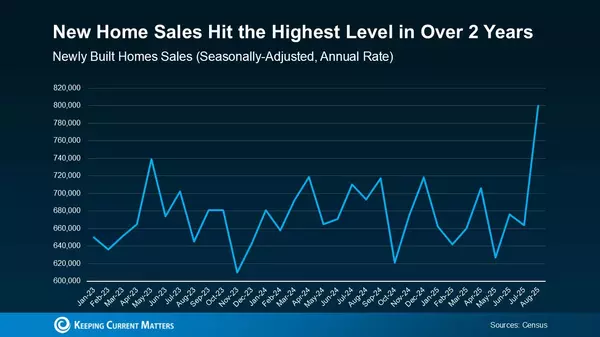
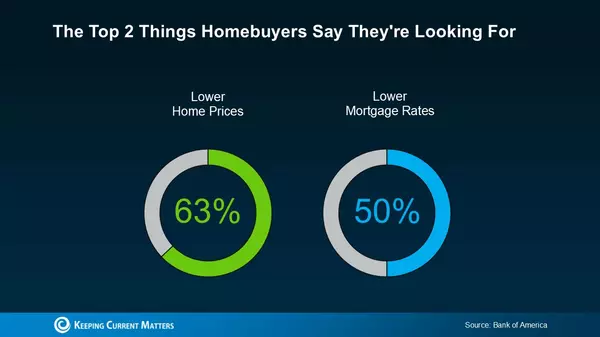
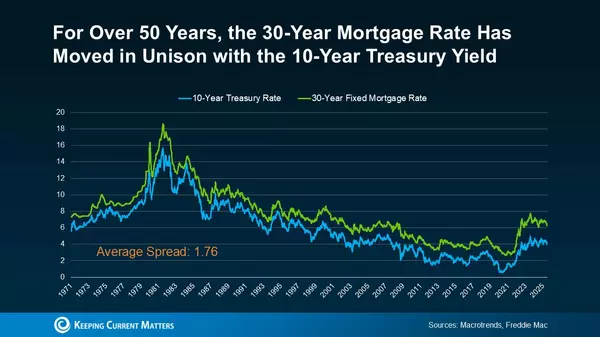
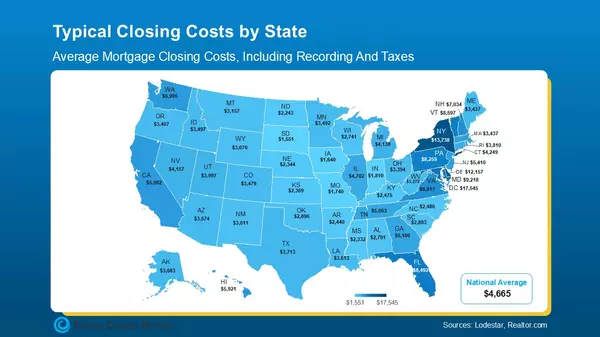
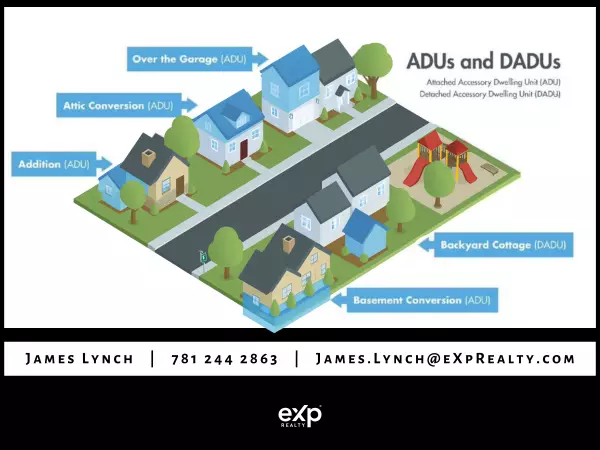
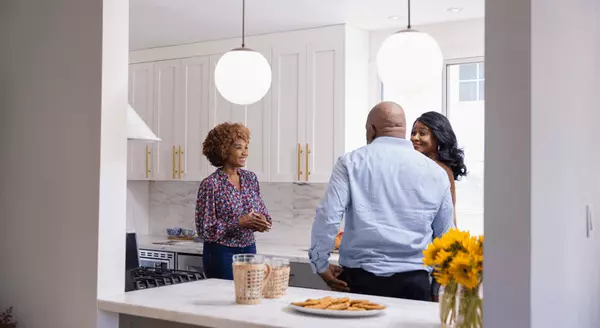
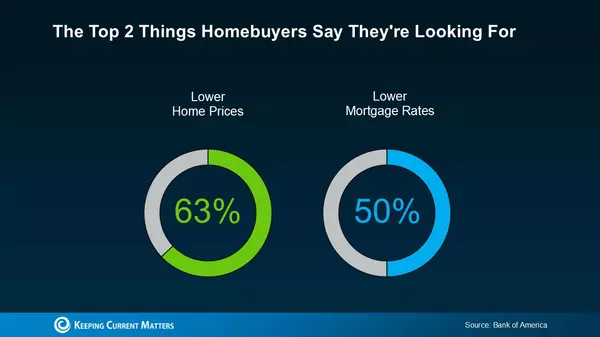
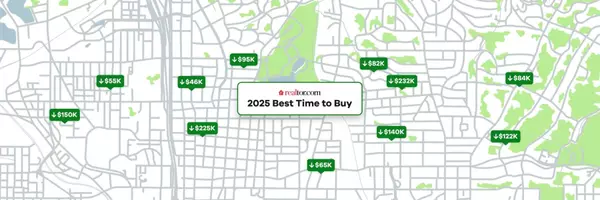
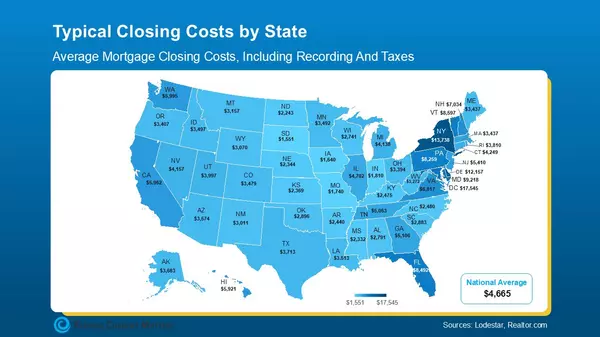
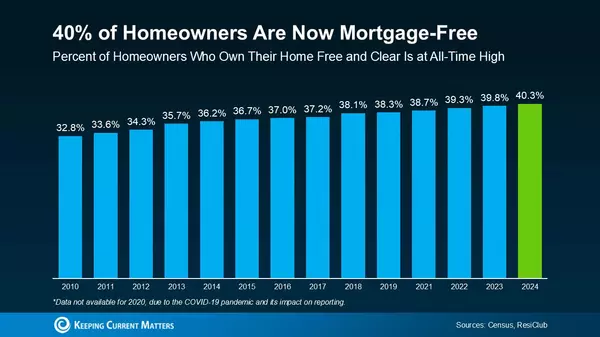
GET MORE INFORMATION

